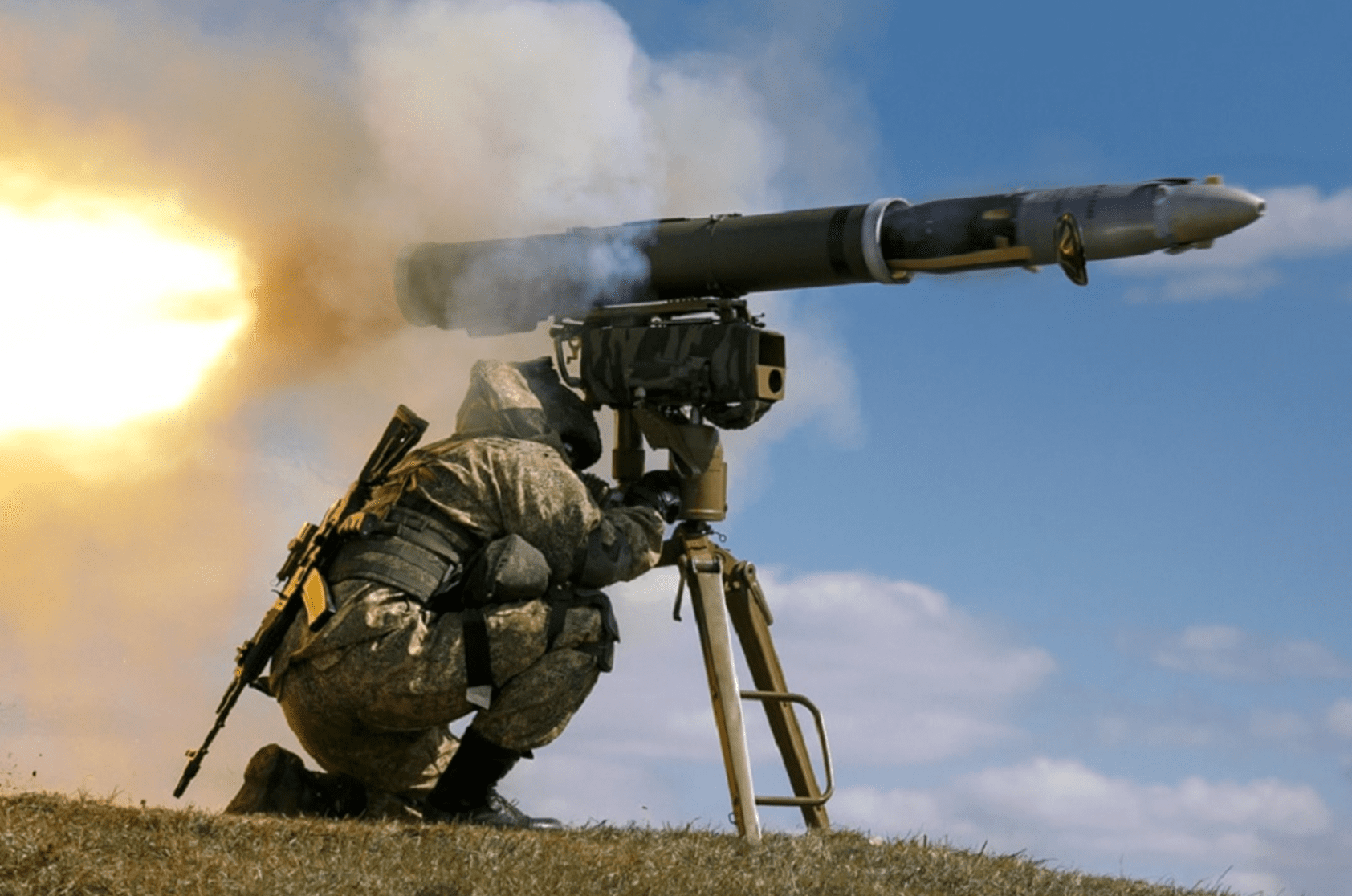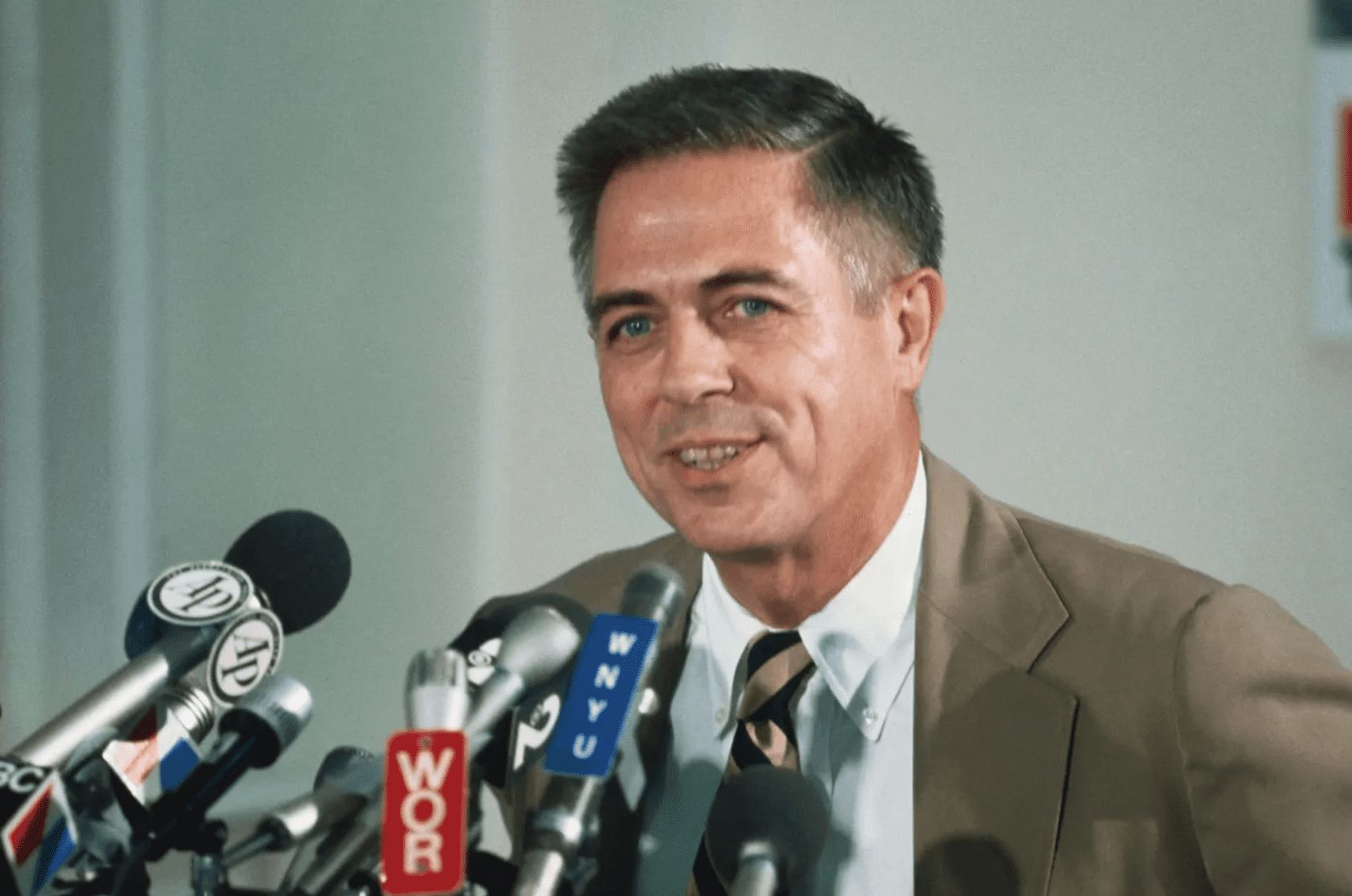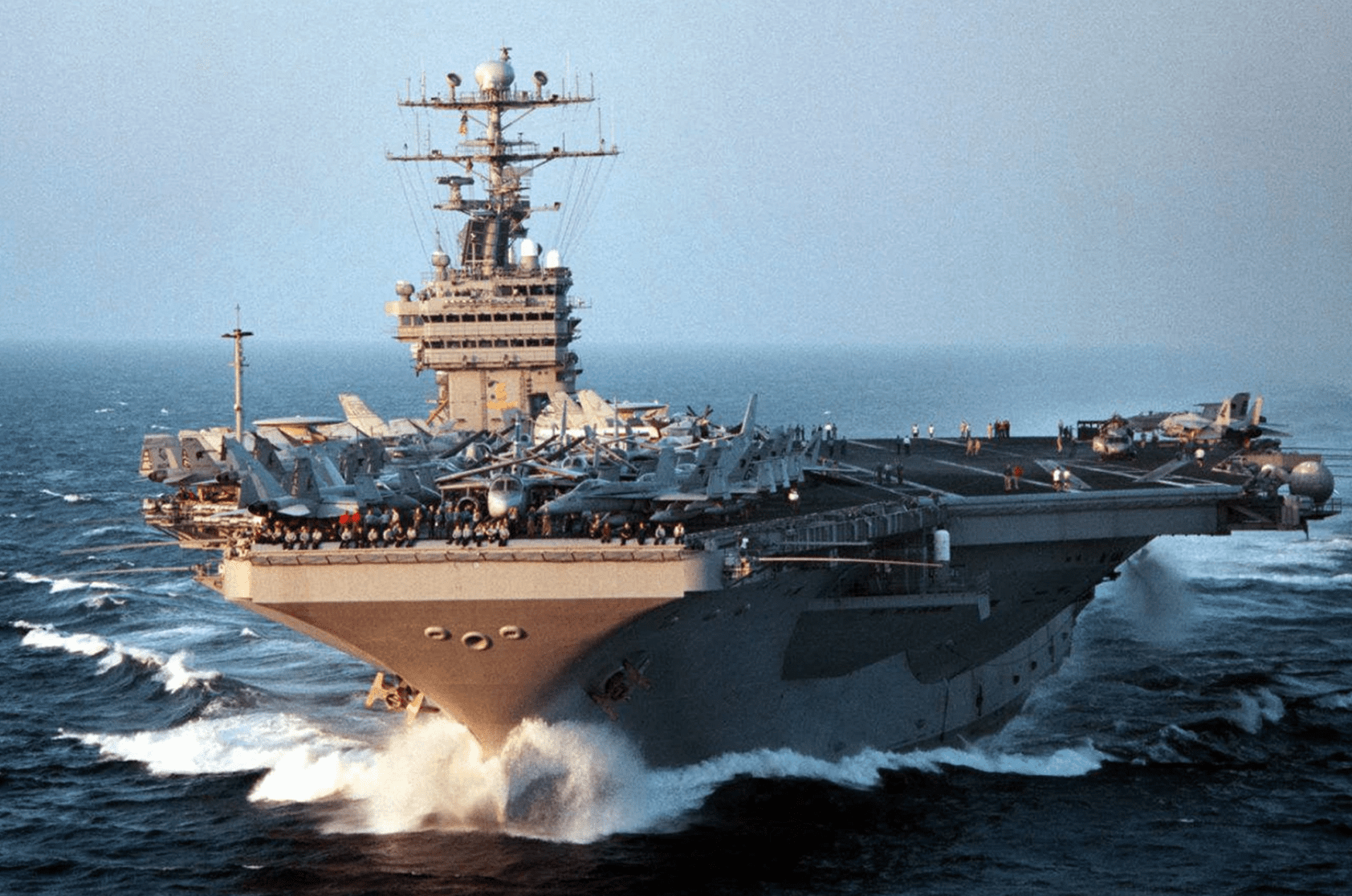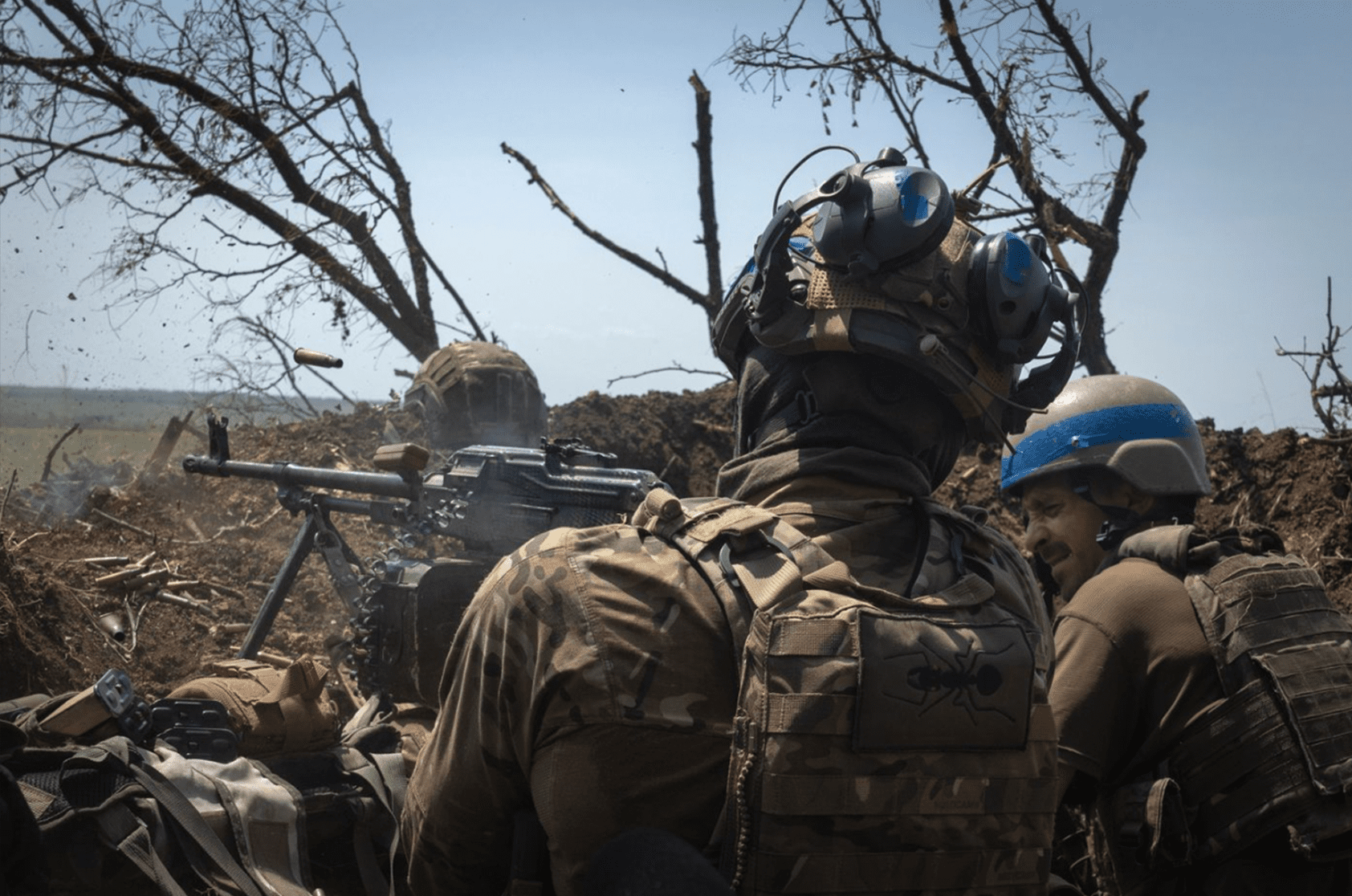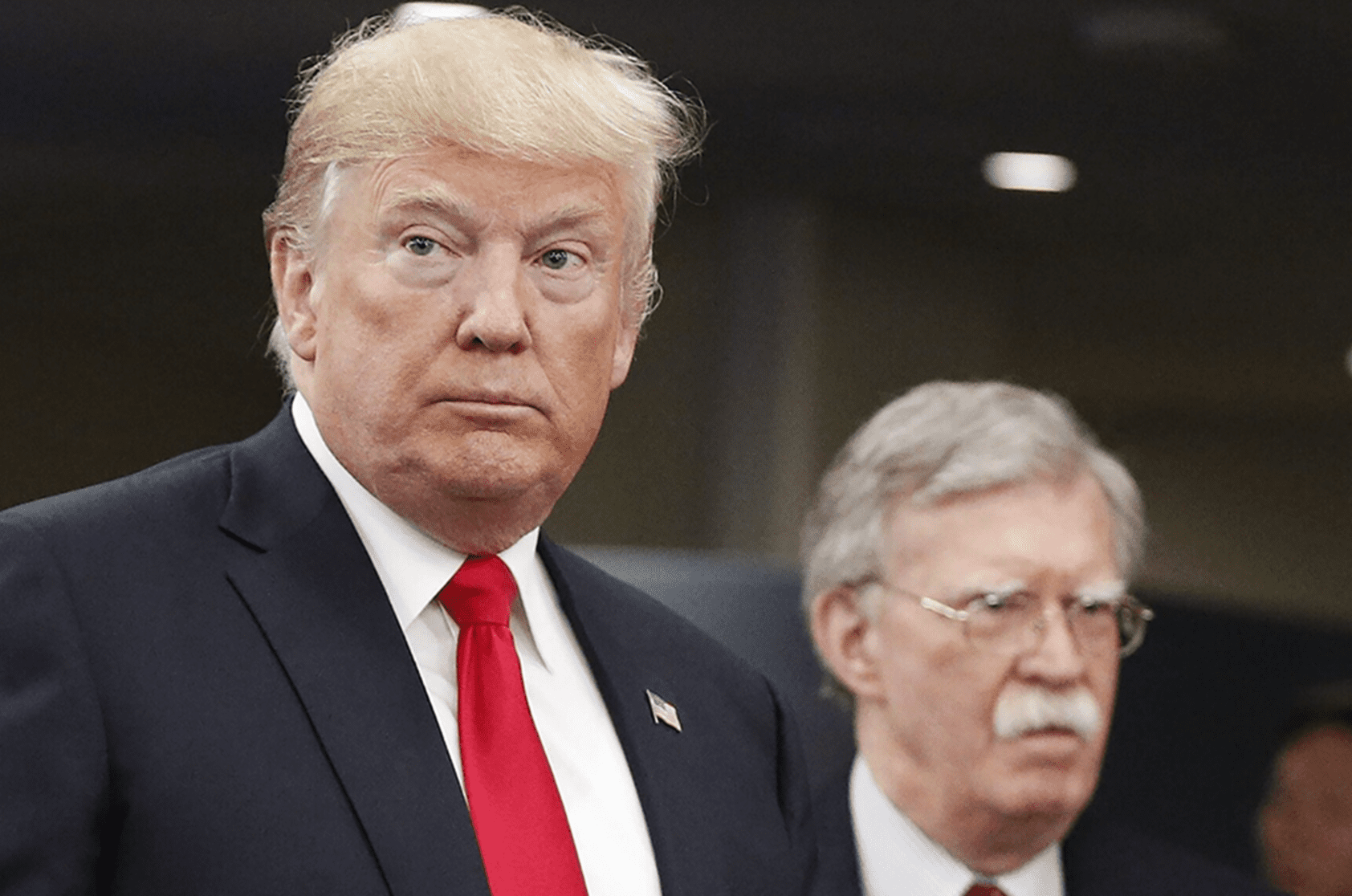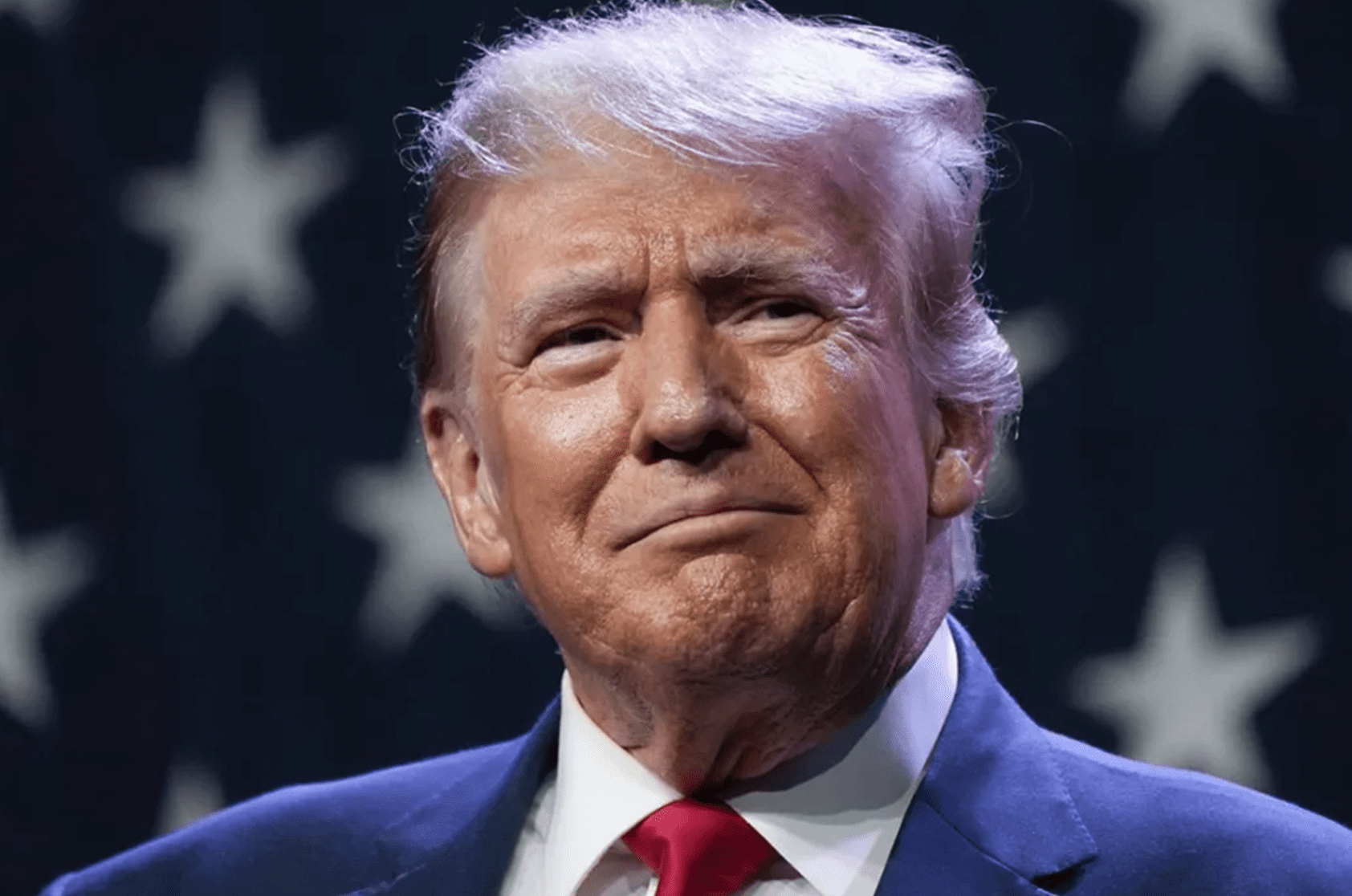By David Wurmser, Ph.D.
The last week – corresponding ominously to the Ides of March — the Democratic establishment in the United States laid down the gauntlet to Israel’s government. A full court effort was made not only to weaken and oust Israel’s elected government, but to lean on Israel so hard that it would reconsider entering the last Hamas strongholds in Gaza in Rafiah and the Philadelphia corridor.
The campaign took many forms and reached a crescendo on March 20. In that one day, no less than three letters were released by progressive Jewish donors, progressive Jewish luminaries, and Democratic congressmen, demanding the Biden Administration take a much more hostile line against Israel. Across the pond, the United Kingdom announced that if Israel enters Rafiah, England will impose an arms embargo on Israel. Canada did not wait and announced also on the 20th it was also imposing such an embargo. Even Germany’s leader announced on the 20th that it was inconceivable that Israel enter Rafiah and that if it did so, there would be grave consequences – essentially echoing the U.K. position. Moreover, he announced that Germany already was reevaluating all its defense contracts with Israel.
Back in the States, a series of articles appeared a week earlier by “gurus” of Arab-Israeli affairs on the left side of the spectrum, such as Martin Indyk and Thomas Friedman, saying the United States had lost confidence in Israel’s prime minister. Also in the week of March 11, Vice President Kamala Harris used a formulation generally reserved in American discourse of the most inimical tyrants and not democratic allies – differentiate “between the government of Israel and the people of Israel” – to describe US policy toward Israel. And finally, Senate Majority Leader, Chuck Schumer presented a shrill attack on Israel’s prime minister, lumping him together an as an enemy of peace on par with Hamas and essentially demanding new elections in Israel since the people of Israel have lost faith in the prime minister “who lost his way.” On the 20th, Schumer followed up with another hostile act. Prime Minister Netanyahu was to give a briefing to both the Republican and Democratic caucus in Congress, but Majority Leader Schumer barred the Democratic caucus from meeting with Prime Minister Netanyahu.
It was perhaps the most hostile week ever faced by Israel in the United States since its creation.
But then, suddenly, the next day, Majority Leader Schumer retreated and announced he was open to inviting Prime Minister Netanyahu to address a joint session of Congress. Furthermore, on the heels of his call to oust the Israeli government earlier in the week – and after major donors said brazenly in their letter that the Biden team must lambast and oppose Israel because of the electoral threat emerging in key districts – Schumer asked that Israel not become a partisan issue. In the terms of modern Washington, the unprecedented attack on Israel was followed within 24 hours by an unprecedented, humiliating retreat by the majority leader.
The Senate majority leader’s whiplash-inducing behavior should be examined very carefully since it reveals much. Indeed, it is key to understanding where the issue really stands right now.
It appears that the Biden team and Schumer imagined that they could wrap an anti-Israeli policy in garb focused on the unpopularity of Prime Minister Netanyahu not only in Israel, but among American Jews. Vice Presdident Harris’ statement aimed squarely at that message: there’s a difference between the Israeli people and being anti-Israeli on the one hand and being anti-Netanyahu but not anti-Israeli on the other. So they thought they could appease the progressives by using the formula of Netanyahu’s being at fault for everything as the bridge to span over the chasm and embrace the anti-Israeli policies the progressives demand. That assumption, which is what Thomas Friedman, Martin Indyk and Vice President Kamala Harris peddled lately – indeed what the US intelligence community itself revealed in its estimate (also released publicly last week) and which Schumer plunged into, failed. Using the formulation, not only did Schumer fail to damage Prime Minister Netanyahu in Israel, he apparently failed to do so even within the US Jewish community. The reason is that the assumption is flawed. A Pew poll of the US Jewish community’s attitude toward the Israeli government from earlier in the month found that a decided majority (+10%), namely 54%, of American Jews hold a favorable view of the Israeli government.[1]
Schumer is inescapably absorbing a tremendous political humiliation in his retreat. Not only was Schumer the point man for the administration in the Democratic leadership, but atop the Jewish community, in the last week in calling for new elections and blocking all access by Netanyahu to Congress, and thus his retreat is not just a minor political event. The fact that Schumer faced so great and swift a backlash that it induced a spectacularly rapid display of political gymnastics is highly revealing. It means liberal Jews, who still do not like Netanyahu, nonetheless saw through this maneuver as simply a transparent scheme to be anti-Israeli while not appearing so. And while, this is important, it also exposed something even more important than just the mood of the Jewish community. It was a test between the power of the progressives and their tantrum-induced threats to bolt, and the traditionally liberal US Jewish community.
Nor is that test just a Jewish question. Even in terms of the narrow question of electoral politics in the much-discussed case of Michigan, the administration seems to make baffling, inconsistent choices if the state really matters so much. In Michigan, the progressive protest seems quite limited since the uncommitted vote – which was heralded as the protest vote – was almost exactly the same percentage as President Obama mustered in his last presidential election in Michigan. Moreover, it would seem that whatever marginal gain President Biden may gain in Michigan by lurching toward the progressive side is lost – and by far larger margins – by his decision (also on March 20) to force a 50% mandate of electric vehicles in US car sales rather than punt the decision to after November. This decision will likely cost him precious powerful autoworkers’ votes in droves – a community that constituted the backbone of industrial American blue-collar workers’ support for the Democrats — compared to the trickle of Arab voters he gains by abandoning Israel. In other words, if the margins are so tight in Michigan, and the state is so critical, then he paid a dollar in political capital to get a dime back.
So Senate majority leader Schumer lunged toward the progressives but then had to recoil back to the more center-left Jews.
Indeed, for him to overnight consider becoming an agent in bringing about a repeat of Netanyahu’s famous 2015 speech to Congress opposing the Obama administration’s JCPOA (“Iran nuclear”) deal and actually countenance inviting prime minister Netanyahu to address Congress jointly can only have happened if Schumer had faced a withering backlash from forces that matter to him. What are those forces that matter to him?
First is donors. The Democratic Party donor base on the national level still relies for more than 50% of its donations on liberal Jews. While some are progressive – like the Soros empire – others remain liberal and pro-Israeli.
Second are his voters. New York Jewish Democrats were loyal to him, but there is obviously an erosion that concerns him greatly in his own voter base in New York. But recent polls – a Sienna College poll in February — now suggest a majority (53-44%) of New York Jewish voters will vote not only Republican, but for Trump himself in the next elections.[2] That the heart of Schumer’s own liberal Jewish voting block – New York state Jews – are nearly 10% more likely to vote for Trump that Biden is an earthquake.
Third, he is the Senate Majority Leader, and thus he is keen to ensure the Senate remains majority Democrat so that he keeps his leadership role. Up until today it was clear his concern was that the progressive threat to his majority leadership was emerging. Voices were challenging him and signaling he may face a challenge from that side. In order to stay on top of the Democratic caucus, he likely calculated he had to tack to the progressive left. And being a Jewish leader of such stature and reputation of being pro-Israeli, he felt immune from the potential backlash for taking such a line. But what appears to be happening is that the centrist Democratic senators in the country where there is a significant Jewish vote are in danger of shifting to a Republican seat. If the Israeli issue causes a backlash among centrists and liberal Jews, he therefore may remain as the head of the Democratic caucus in more progressive garb, but the Democrats lose the majority of the Senate. One of the most important of those seats is currently held by the retiring Democratic senator Ben Cardin of Maryland. Maryland does have a substantial Jewish vote, most of whom consider themselves as liberals. And yet, Governor Hogan, who only last month announced as the Republican opponent to replace Cardin’s seat, has pulled substantially ahead in the polls against the Democratic candidate, David Trone, and Maryland may lose its Democratic seat. That alone would cost Schumer his majority leadership.
It is thus likely that Schumer is beginning to calculate the danger of losing the center, especially the liberal Jewish vote, the liberal Jewish donations, and even his own liberal Jewish base in New York – the three most important forces in his world. The convergence of those three factors in backlash against his drift toward progressive positions on Israel would explain the humiliating and sudden turnabout that he displayed on March 21st in saying he is open to inviting Netanyahu to speak to Congress.
What this tells us is that pressure on Israel is right now may be at its apex. A backlash is beginning. If the administration pushed any harder against Israel, it proceeds with great political risk unless it secures Israel’s indulgence or acquiescence – which at this stage it appears increasingly unlikely to grant. To descend into a bruising public fight with Israel would, in contrast, trigger the same backlash more broadly that Schumer just faced which forced him to back off.
For Israel, then, this moment is the most dangerous. It faces immense pressure, and the administration is poised to lay more pressure on if it can get away with it.
If…
The ‘if” is the key. Going forward, it appears that only when Israel demurs, abstains from taking the argument public and pushing back publicly, thus making it easier on the Biden administration to drift further toward appeasing the progressives. Biden will happily take whatever Israel allows him to appease the progressives. In other words, things will get worse for Israel if it cuts its opponents, like the progressives, slack by making it easy on Biden and the Democratic leadership to drift that way without a cost to relations with Israel.
In contrast, it will peak and begin to get better for Israel as it begins to double down on its convictions and forces the issue into the public debate and onto the American political establishment. In short, in a real showdown, the backlash against selling Israel out comes into play and is dominant. Schumer’s contortions worthy of a weasel is the perfect litmus test of that.
Which way will it go? In the end, Israel is operating out of deep conviction rather than policy or ideological preferences – and it is doing so largely under a national consensus. October 7 was not only a trauma for Israel, but also a wake-up call. Israel had not internalized that every aspect of Palestinian life – including any territory surrendered – was mobilized and contemplated by all Palestinians with a singular obsession of eradicating Israel. Schools and sports, health ministries to nature organization, were mobilized to prepare and indoctrinate with that singular focus. And antisemitism was cultivated as a strategic weapon internationally to isolate Jews and destroy not only the connection between Israel and key Western allies, but between those societies and the Jewish population.
And that is what Schumer and the administration miss. The very fabric of the golden age of American Judaism – and the mutually enriching 350-year mutual history in this land – are being ripped. The story so beautifully symbolized by the exchange of letters between General George Washington and Rabbi Seixas of Newport is in danger of being ended.
American values lay at the core of the flourishing of the American Jewish community. So when the administration abandons Israel to Hamas, when a party’s leadership and political operatives argue that a small, radical group of progressive voters who openly declare their hostility to American values is more important than the legacy of the American-Jewish common story and values, then it inescapably is also understood by American Jews as a surrender of the American street to the antisemites who make their genocidal aims clear in campuses and business, hospitals and street protests. Indeed, when the US distances itself from Israel, it is inherently understood not only by American Jews also as an abandonment of them — leading to an existential anxiety Jews in American had not known until now – but also by Americans more generally about how deeply the assault on our national values has progressed.
And that is bad politics.
[1] “Poll shows 54% of US Jews have favorable view of Israeli government,” The Times of Israel, March 21, 2024 (7:51PM).
[2] Andrew Bernard, “Majority of New York Jewish voters intend to vote for Trump says new poll,” The JC, February 22, 2024.


